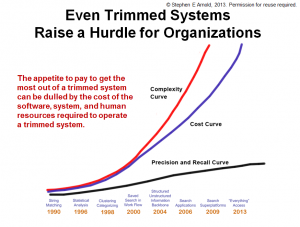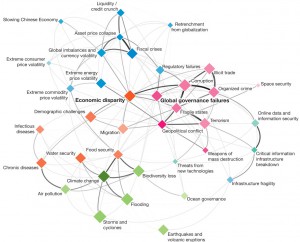 Little by little we are slowly learning that the network of life is far subtler and more complex than we have ever understood. Personally I think this idea of nanoscale sound waves is unlikely to be true. Conceptually it is preposterous. At nano scale a grain of sand would be like a mountain. It is very hard to see how the level of possible sound propagation a plant could achieve could get through the ground. I think some kind of nonlocal link! age is more likely but we will see.
Little by little we are slowly learning that the network of life is far subtler and more complex than we have ever understood. Personally I think this idea of nanoscale sound waves is unlikely to be true. Conceptually it is preposterous. At nano scale a grain of sand would be like a mountain. It is very hard to see how the level of possible sound propagation a plant could achieve could get through the ground. I think some kind of nonlocal link! age is more likely but we will see.
Shhh, the Plants Are Talking
ANDREW PORTERFIELD – Science
The word in the garden is that basil is good to have around. Plants are known to communicate with each other via shade, aromatic chemicals, and physical touch, promoting processes such as growth and defense against disease, as well as attraction of bees and other pollinators.
Now, online today inBMC Ecology, researchers report a new type of mechanism that some plants use to communicate. The team planted common chili pepper seeds (Capsicum annuum, pictured) near a basil plant, with barriers that prevented the basil from deploying its usual growth-promoting tricks. Despite the separation, chili seeds germinated faster when basil was a neighbor, suggesting that a message was getting through.
Because light, touch, and chemical “smell” were ruled out, the team proposes that the finding points to a new type of communication between plants, possibly involving nanoscale sound waves, traveling through the dirt to bring encouraging “words” to the growing seeds. Understanding this novel communication could help growers boost crop yields and increase global food supplies. How neighborly.
Read full article.
Continue reading “SchwartzReport: The Plants are Talking — Intra-Terrestial Intelligence”





